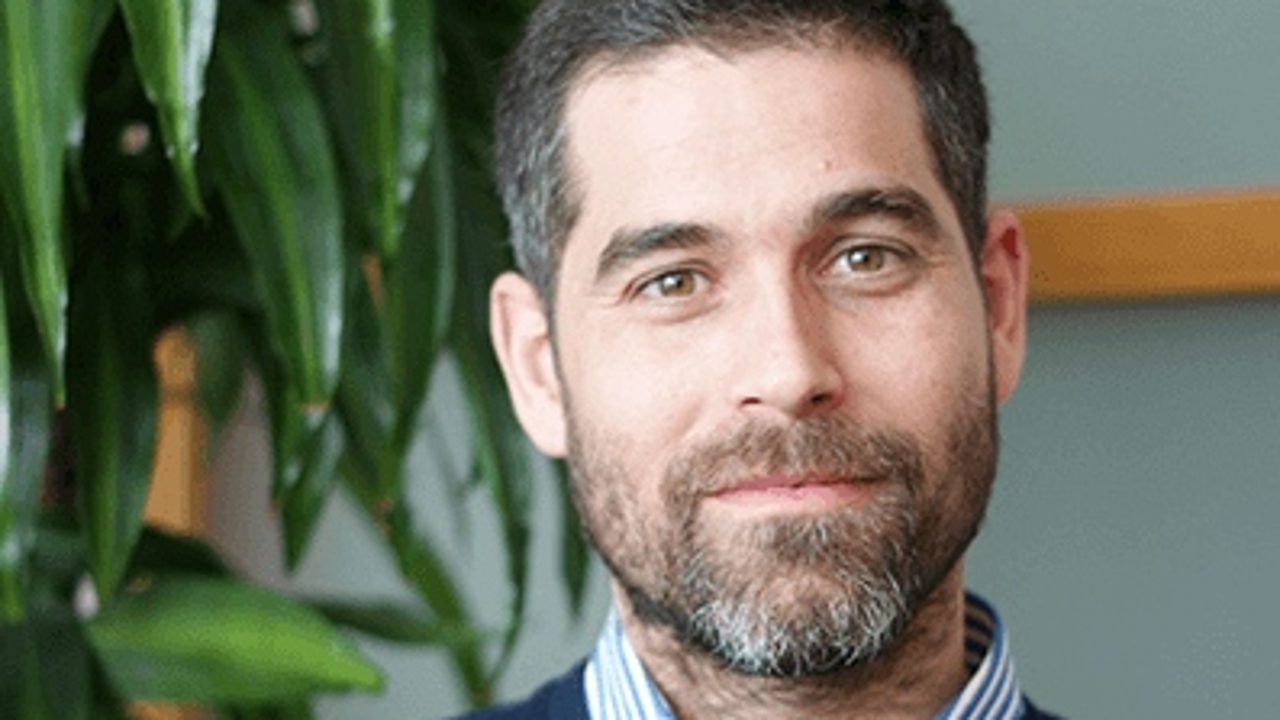The search for a healthier life and weight loss are topics that concern many people. Social media and popular culture often present quick fixes, like miracle diets or extreme exercise plans, but the reality is that losing weight effectively and sustainably takes time, patience, and a balanced approach. In a recent interview on Kiss FM, nutritionist Pablo Ojeda shared five essential tips for those who want to lose weight in a healthy way and avoid common mistakes.
1. Avoid Restrictive Routines
One of the most common mistakes when trying to lose weight is assuming that if you didn’t have a healthy eating routine before, you can adopt one right away. Pablo Ojeda emphasizes that starting with extremely restrictive diets is counterproductive. “Don’t start doing super restrictive diets, like ‘I don’t eat anything'”he warns. This approach, rather than helping you lose weight, can have the opposite effect.
When you drastically reduce the amount of food you consume, the body can go into “savings mode”a state in which your metabolism slows down to conserve energy. According to the nutritionist, this means that, instead of burning calories efficiently, the body tries to save reserves, which can even cause you to retain the water you ingest.
2. Set Meal Times
Regularity in meals is essential for successful weight loss. According to Ojeda, Skipping meals or eating in a disorganized manner can alter your metabolism and make the body store fat more efficiently. “Your body needs to get used to these schedules,” he recommends, since eating at regular intervals helps maintain stable energy levels and reduces the likelihood that you will feel extreme hunger or anxiety about food.
Ojeda also recommends that we should try to eat during daylight hours, as this is aligned with the body’s natural circadian rhythms, which could improve your metabolism and promote more efficient digestion. However, the most important thing is regularity: eat at the same time every day It helps your body anticipate when the next meal will arrive, which in turn stabilizes appetite and blood glucose levels.
3. Realistic Deadlines
One of the key factors for success in weight loss according to the nutritionist is having clear and realistic expectations. Many people set ambitious goals, such as losing a lot of weight in a few weeks, which can be frustrating and lead to demotivation if they are not achieved quickly. Ojeda highlights the importance of setting medium and long-term objectives. A reasonable period of time to observe significant results is one year, during which you can expect to lose between 10% and 20% of your initial weight.
This science-backed approach is not only safer, but also reduces possibility of suffering health problems associated with rapid weight loss, such as muscle loss or nutrient deficiency. Additionally, working with long-term goals allows you to focus on changing your lifestyle habits instead of looking for quick fixes, which guarantees longer-lasting results.
4. Don’t Get Obsessed with the Scale
The relationship between stress and weight loss is more important than many realize. Chronic stress can increase levels of cortisol, a hormone that is linked to storing abdominal fat and slowing metabolism. “When we obsess over the scale, cortisol levels increase”explains Ojeda.
Instead of obsessing over numbers, it’s more useful to focus on how you feel physically and in the positive changes you are experiencing, such as having more energy, sleeping better or feeling fewer cravings. Another strategy is to measure progress through different methods, such as noticing how your clothes fit, the increase in your physical endurance, or the improvement in your mood. Sometimes changes in body composition, such as gaining muscle and losing fat, don’t show up right away on the scale.
5. Incorporate Exercise
The role of exercise in sustainable weight loss cannot be underestimated. “You can’t lose weight sustainably if you don’t exercise”says Ojeda. Exercise not only helps burn calories, it also improves cardiovascular health, increases muscle mass, and speeds up metabolism.
It is important to choose physical activities that you enjoy and can maintain long term. If you don’t like the gym, you can opt for walking, dancing, playing sports or doing yoga. The objective is adopt an active lifestylenot only to lose weight, but to improve your general health and well-being. In the end, exercise should be seen as a tool to feel better, not just a means to lose weight.
